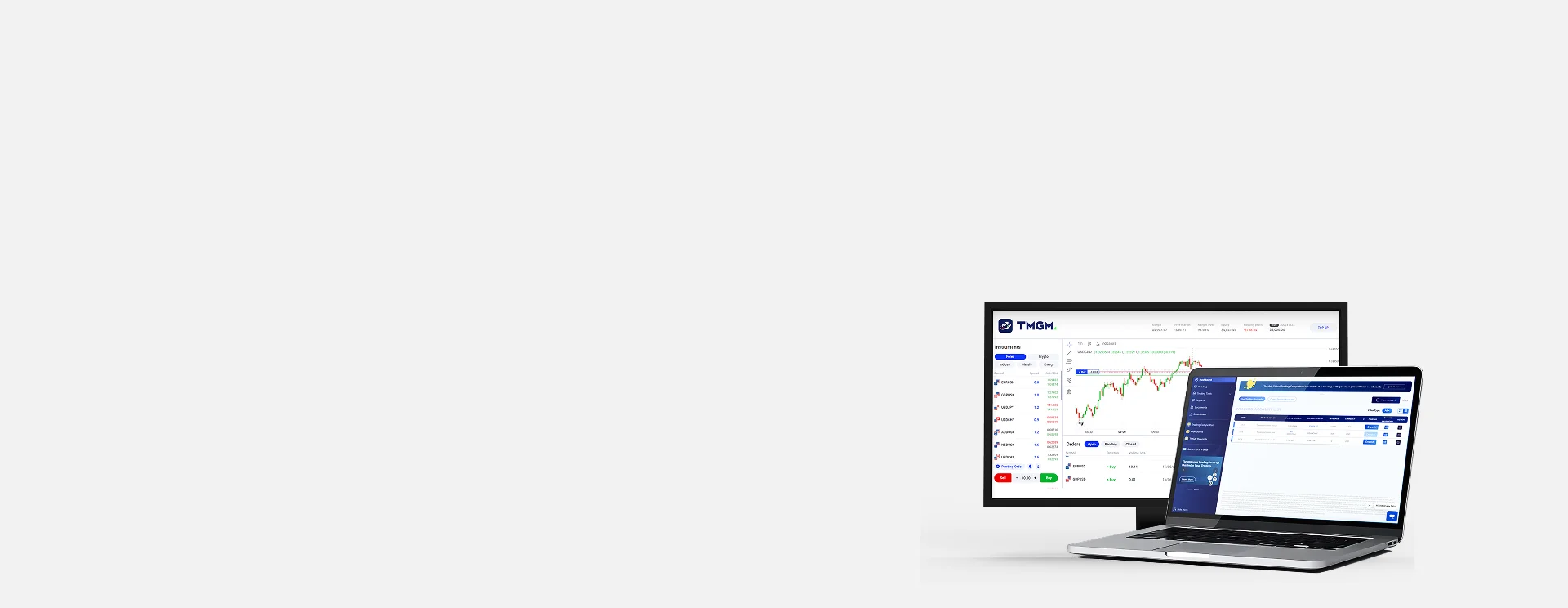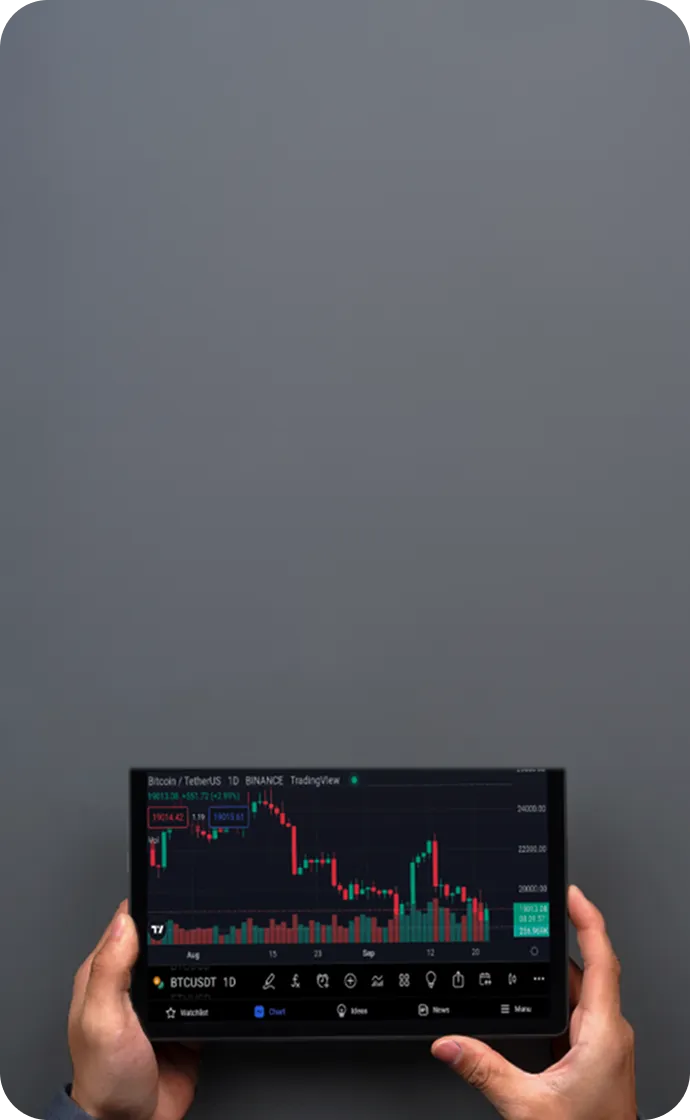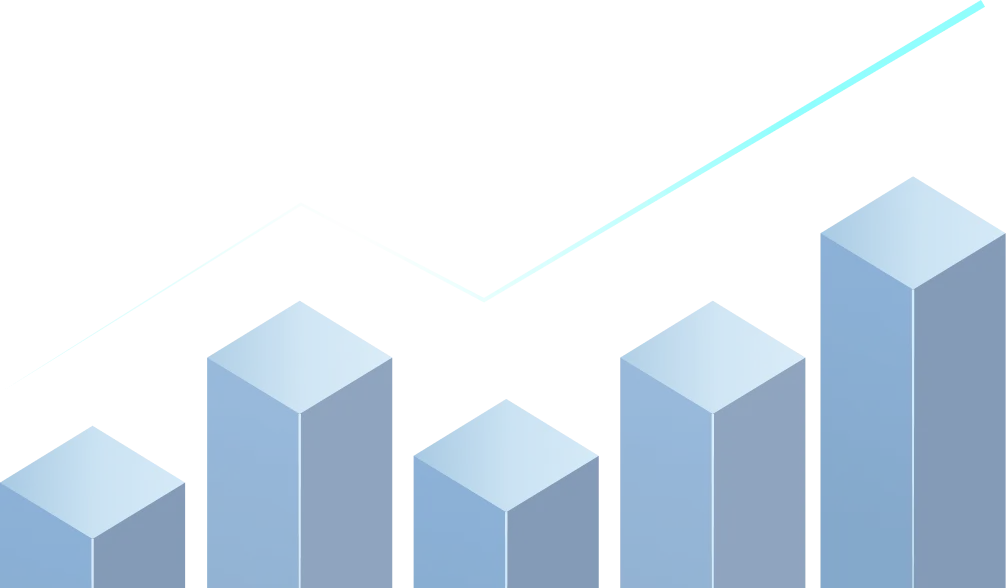How a CFD broker fits into an Indian traders journey
Think about the typical path of a trader in India:
They start with equity delivery or simple mutual funds.
Over time they explore futures and options on Indian indices or stocks.
Then they become curious about global markets and currency moves and search for ways to trade them from India.
At this stage many discover contracts for difference and the need for a CFD broker. The broker is the point of contact between you and those international markets. It opens your trading account, provides platforms such as MetaTrader 4 and MetaTrader 5, streams live prices, and routes your orders.
You do not walk into an exchange floor in New York or London. You interact with the broker, and the broker interacts with liquidity providers and markets on your behalf.
What exactly does a CFD broker do for traders in India
A good CFD broker is more than a website and a login. For traders in India, it plays several roles at the same time.
Opens and maintains your trading account
The broker collects your documents, performs know your customer (KYC) checks, and sets up your account based on its regulatory requirements. It holds your funds in account structures that should be separate from its own operational money. You log in and see deposits, withdrawals, profit and loss, and margin in one place.
Provides trading platforms and tools
The most visible part of the relationship is the platform. On a platform you use for forex trading or CFD trading, you can:
View charts in multiple time frames
Apply technical indicators and drawing tools
Place market orders and pending orders
Set stop loss and take profit
Monitor open positions and account statistics
Many brokers add extra tools such as market calendars, sentiment indicators, and trade analytics. Some also link to a forex margin and profit calculator so that you can estimate required margin and possible outcomes before you place a trade.
Gives access to a range of products
A multi asset CFD broker usually offers more than one asset class. Through one account you might trade:
Index CFDs that track global benchmarks
Contracts linked to large international companies
Metals such as gold and silver
Energies such as crude oil
Major and minor currency pairs
This global reach is one of the main reasons Indian traders look beyond local markets. Instead of opening separate accounts in many countries, they use a single CFD broker that aggregates access.
Sets risk rules and monitors margin
The broker defines how much leverage is available on each product and how much margin you must hold. It monitors your open positions and equity in real time. If your account falls below certain levels, the broker may issue margin warnings or automatically reduce exposure.
This risk framework can help you avoid the very worst outcomes, but it does not remove the possibility of loss. As an Indian trader you still have to understand how leverage, lot size, and volatility work together. Articles that explain forex leverage and margin step by step can be very helpful.
Follows regulation in its home jurisdiction
Most serious CFD brokers are regulated in one or more financial centres. They must follow rules on capital, reporting, and client money. Regulators set standards for how client complaints are handled and what disclosures must be provided.
For Indian residents, this is an important point. The broker may not be regulated in India itself, but you can still check its licences with foreign regulators and read the conditions of those licences. It is also wise to consider guidance from authorities in India when you decide how and where you trade.
How CFD brokers earn their revenue
Knowing how a CFD broker makes money helps you understand its incentives and the costs that affect your results.
Spreads on each trade
The spread is the difference between the price at which you can buy and the price at which you can sell. For example, if a foreign index is quoted at one level for buyers and a slightly lower level for sellers, that gap is the spread.
Market maker style brokers often include most of their charge inside this spread. When you open and close trades frequently, the total spread you pay becomes an important part of your trading cost.
Commissions on certain accounts
Some brokers offer account types that have very tight spreads and a visible commission per trade. Active traders who rely on technical strategies often prefer this approach because it is more transparent and can be cheaper at high volumes.
If you explore account types for an international broker, you will see different mixes of spreads and commissions designed for different styles.
Overnight financing adjustments
When you keep a CFD position open after the trading day ends, the broker applies a financing adjustment based on the size of the position, the instrument, and current interest conditions. This can be a cost or a small credit depending on direction and product.
Indian swing traders who hold positions for several days or weeks need to factor these adjustments into their plan, especially in markets like indices and commodities.
Other possible fees
There can also be non trading fees for withdrawal processing, currency conversion when you move from rupees to another currency, or long periods with no activity. A transparent broker explains these charges clearly in its documents.
Questions traders in India should ask before choosing a CFD broker
Before you open a live account, it helps to think like an auditor. Here are practical questions an Indian trader can ask.
Where is the broker regulated and what does that mean for me
Check which authority supervises the broker. Go to the regulators website and confirm the licence number. Read at least the basic details on what level of oversight and protection is offered. Remember that rules in that jurisdiction may differ from rules in India.
How does the broker handle client money
Look for clear statements that client funds are held in segregated accounts separate from the brokers own operating capital. Understand which banks are used and what may happen if the broker faces financial trouble.
These details matter for any trader, but they matter even more for someone sending money out of their home country.
What products can I trade and on what terms
Not every Indian trader needs access to every asset. It is better to have a clean set of products you understand. Check:
Which indices, commodities, and currency pairs are available
What typical spreads and commissions look like
What maximum leverage is offered
Guides such as benefits of trading CFDs can give useful context for comparing contracts with other products you already know.
Does the broker offer the platforms and support I need
Confirm that the broker supports platforms you are comfortable with such as MetaTrader or a solid web platform. Ask about order execution during fast moving events.
Good support is also important. Indian traders often appreciate live chat or mail support that responds within their active hours, especially around entries and exits.
Does this fit with my risk profile and local rules
Finally, think about your own situation. How much of your capital are you prepared to expose to high risk products? How will you react to drawdowns? How do you plan to keep learning?
Alongside this, follow public information from regulators and central authorities in India so that you stay aware of how overseas trading and leveraged products are treated. This content is educational and does not replace personalised legal or tax advice.
Main risks for Indian traders using CFD brokers
CFD trading is not a gentle version of investing. It concentrates risk in a very short time frame and can damage your finances if treated casually.
Leverage risk
Leverage allows a small deposit to control a much larger position. A move that appears minor on a chart can still wipe out a large part of a small account when leverage is high.
Before you use the limits offered by a broker, it is worth reviewing material on trading leverage and practising with a demo environment.
Counterparty risk
When you trade CFDs you deal with the broker as counterparty. If the broker fails or faces liquidity stress during extreme events, closing positions or withdrawing funds can become difficult.
This risk can be reduced by choosing established regulated firms, but it never disappears entirely.
Operational and behavioural risk
Errors such as wrong order size, wrong instrument, or trading during illiquid conditions can cause losses that have nothing to do with your analysis. Emotional reactions, revenge trading after a loss, and overconfidence after a gain also contribute.
A CFD broker gives you tools, but it does not control how you use them. Self discipline and a written trading plan are your responsibility.
Example journey of an Indian trader selecting a CFD broker
Imagine a trader in Mumbai who trades Indian index futures part time. They read about contracts for difference and decide to explore them purely for educational purposes.
They start with an educational article on what is CFD trading and compare it with instruments they already know.
They shortlist a few international brokers and check each firms regulator, account types, and platforms.
They open a demo account, test order entries on MetaTrader, and see how margin changes when lot size changes.
They use a margin calculator to translate position size into potential profit and loss in terms they understand.
Only after this practice period, they decide whether it makes sense for them to open a small live account or stay with domestic products.
This kind of measured approach reflects how a CFD broker should be used as a tool in a broader trading education, not as a quick path to aggressive speculation.
TMGM is a trusted global CFD broker that provides access to international markets through advanced trading platforms and professional support. If CFDs are suitable for your situation, you can begin with a TMGM demo account to practise in a risk free environment and then move to a live trading account when you feel confident in your strategy and risk management.










